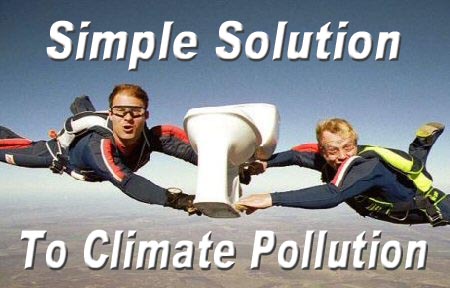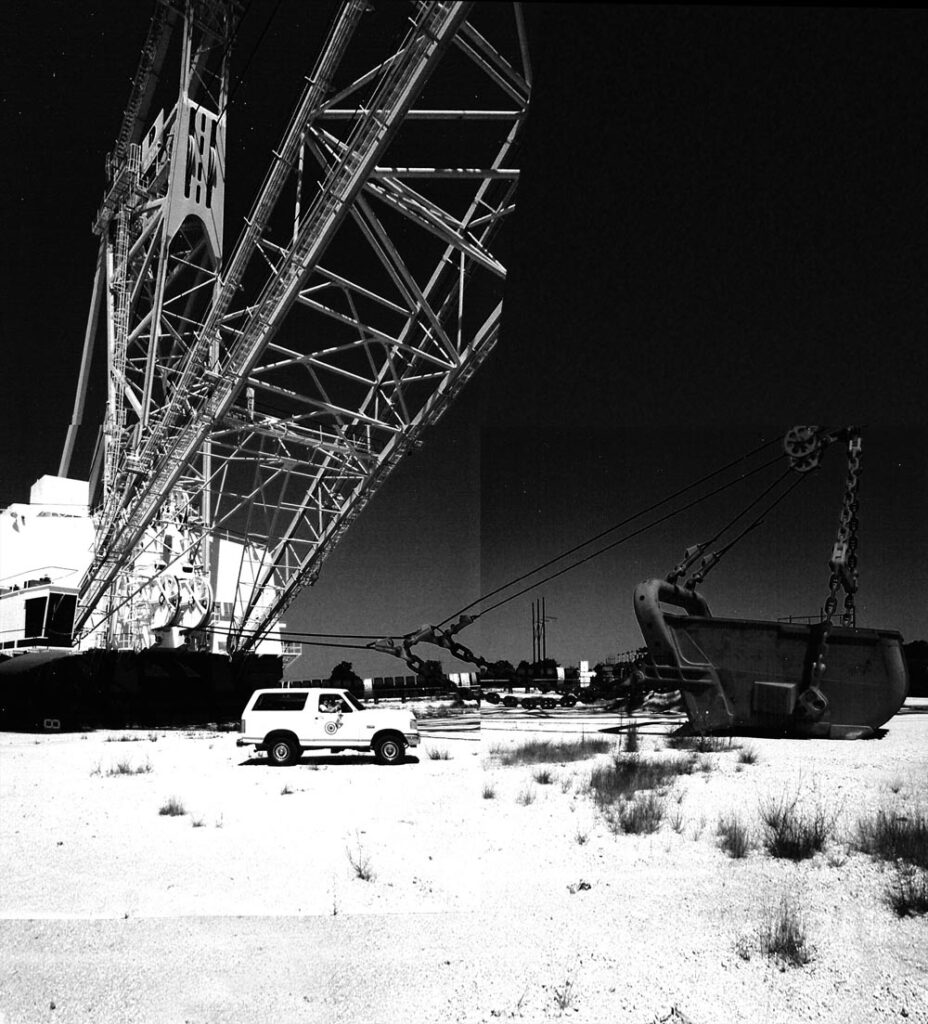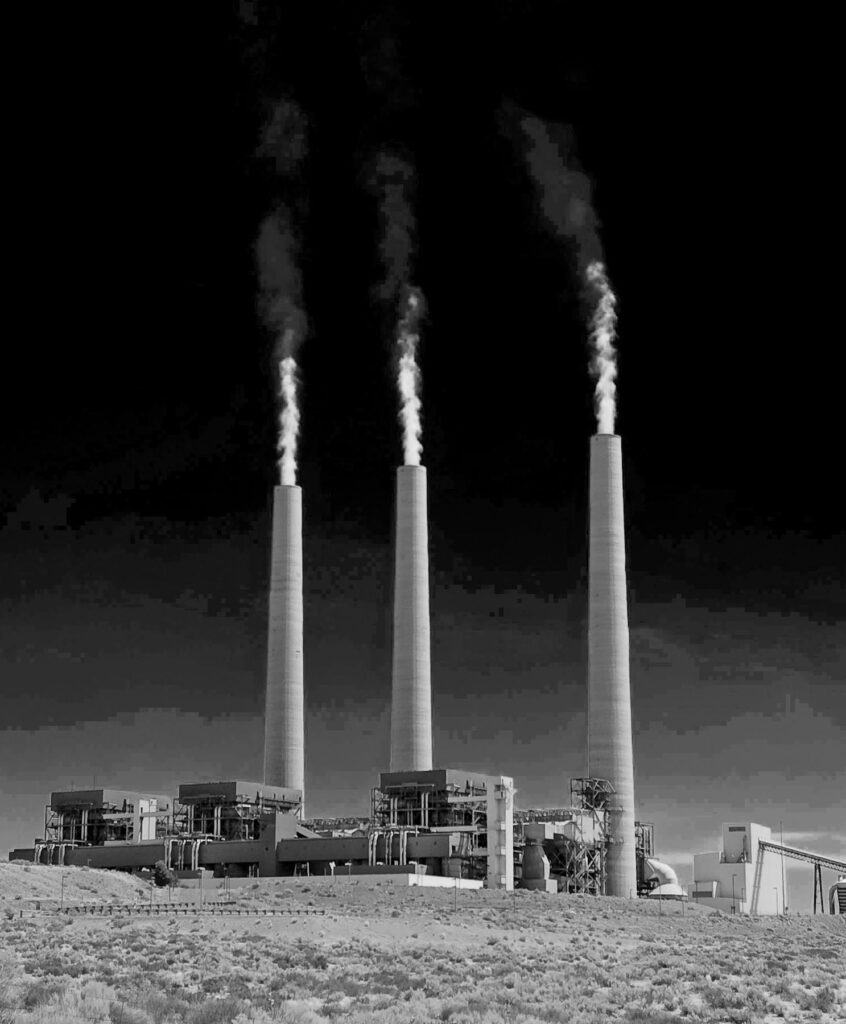
The 45Q Carbon Sequestration Tax Credits: First Steps or Moral Hazard? Summary: The new enhancements to Obama’s 45Q carbon dioxide sequestration tax credits are widely seen as a boon to the oil industry. A deeper look reveals they could be the incentive that allows us to actually reverse warming, something that most people understand…











